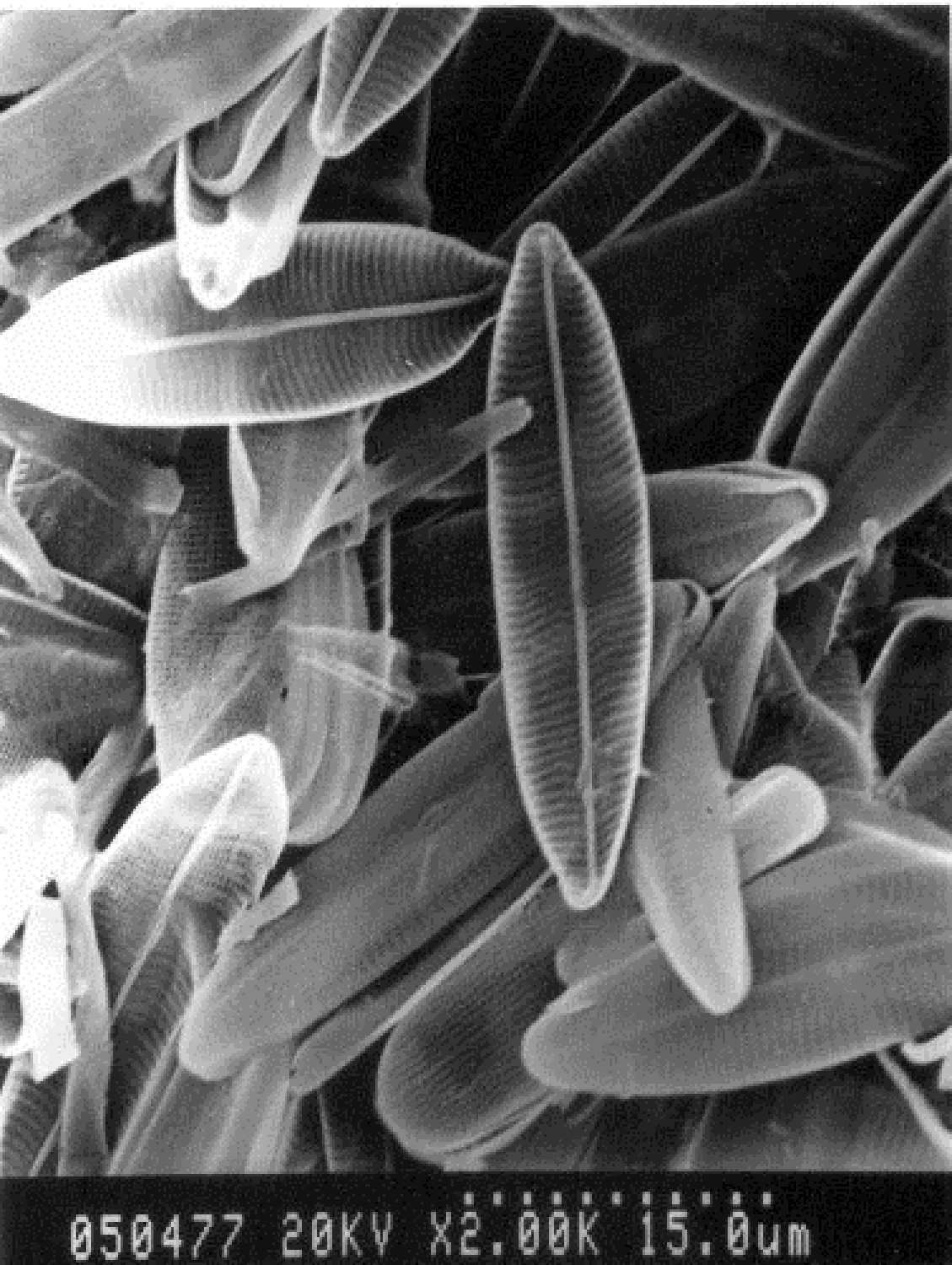
Using Algae Against Cancer
Chemotherapy is a widely used treatment in combating cancer; however, chemotherapeutic agents are also toxic to healthy cells. This mean that, in order to treat cancer, you have to hurt the human. Although, on the whole, chemotherapy saves lives, it comes with a number of painful and (sometimes) life threatening side effects.
Researchers from the University of South Australia and Dresden in Germany worked their way around this problem through, of all things, genetically engineered algae.
Diatoms are unicellular photosynthetic algae with a skeleton made of nanoporous silica. They were used to package chemotherapeutic drugs in order to minimize their off-target toxicity. Moreover, these diatoms were engineered to produce antibody-binding proteins on their surface. The antibodies of interest only bind to molecules found on cancer cells, making delivery more specific. The algae nanoparticles were found to kill 90% of cancer cells in cultured human cells. The algae was also successful at killing cancer in mice with tumors.
The Future of Algae Treatments
Algae essentially only needs water and light to grow, the researchers believe the technique could reduce the cost and waste of nanoparticle manufacturing and has huge potential for future cancer treatments.
In the release, the team notes the significance of the findings, “This study shows that genetically engineered biosilica frustules may be used as vectors for the targeted delivery of poorly water-soluble anticancer drugs to tumor sites.” Furthermore, the novel drug delivery system is ultimately based on a biotechnologically tailored, renewable material.
The team believes that the work holds large potential for the therapy of solid tumors, especially currently untreatable brain tumours.